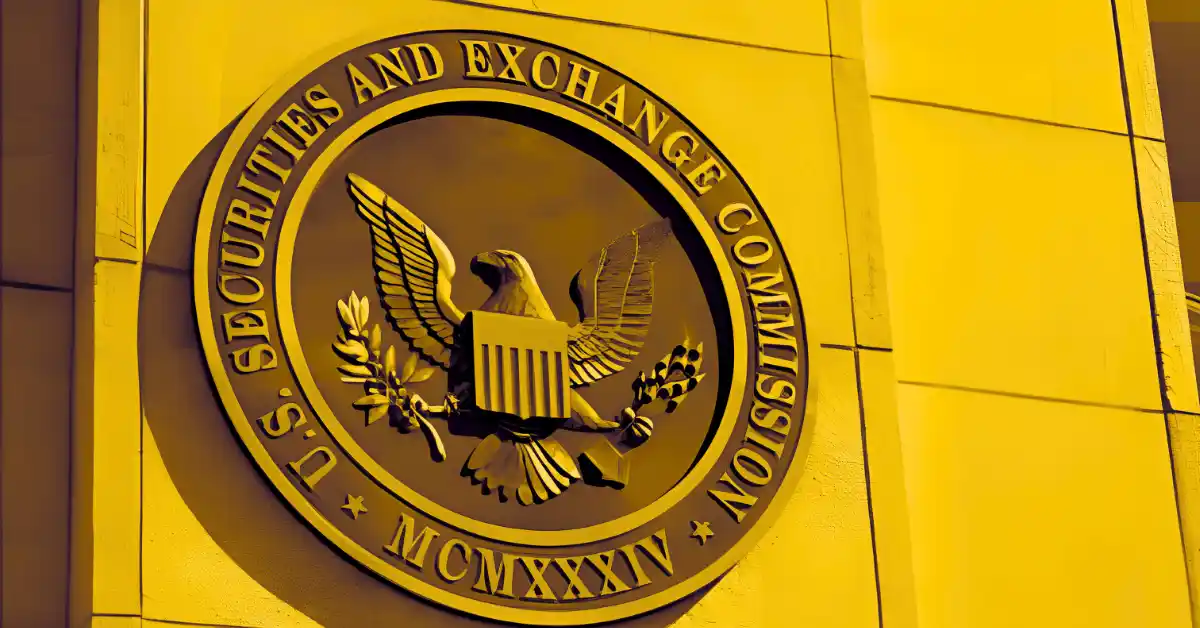
The SEC's Crypto Task Force met with industry leaders to discuss the feasibility of adding staking features to crypto ETPs.
The meeting explored two potential models for staking within ETPs: direct staking via service providers and using liquid staking tokens.
Industry participants argued that allowing staking in ETPs would benefit investors and network security.
The U.S. Securities and Exchange Commission (SEC) is taking a closer look at whether staking should be part of crypto exchange-traded products (ETPs). In a recent meeting on February 5, the SEC’s Crypto Task Force, led by Commissioner hester peirce


If approved, this move could change how crypto ETFs function, allowing investors to earn staking rewards while holding assets.
But with the SEC’s history of caution around crypto regulations, is this the breakthrough the industry has been waiting for?
Staking Discussion Details Revealed
On February 14, the SEC published a memorandum summarizing the meeting. The discussion focused on integrating staking into crypto ETPs and was attended by Jito Labs CEO Lucas Bruder, CLO Rebecca Rettig, and Multicoin Capital Managing Partner Kyle Samani, along with General Counsel Greg Xethalis.
Why Add Staking to Crypto ETPs?
The main argument for staking in ETPs is that it could benefit investors by generating additional returns while also supporting blockchain networks.
“We believe first that including staking as a feature in certain ETPs will benefit investors, more accurately reflect the benefits of native network assets and permit issuers to support the security of the networks in which the assets operate,” the filing read.
The task force is considering two possible approaches:
- Validator-Based Staking: A portion of the fund’s assets would be staked through service providers running validators while still allowing timely redemptions.
- Liquid Staking Tokens (LSTs): Each staked asset would generate a liquid staking token that investors could trade freely.
SEC’s Concerns About Staking ETFs
Despite the potential benefits, the SEC is cautious about approving staking ETFs due to few key concerns.
“Restricting staking in cryptoasset ETPs harms (i) investors, by crippling the productivity of the underlying asset and depriving investors of potential returns, and (ii) network security, by preventing a significant portion of an asset’s circulating supply from being staked,” the meeting notes read.
As per the documents, the SEC has been cautious about staking ETFs for three main reasons. The lockup “unbonding periods” could conceivably slow down the redemption process for investors and complicate tax implications. There is also uncertainty around whether staking as a service counts as a securities transaction.
21Shares Ethereum ETF Seeks Staking Approval
Meanwhile, the CBOE BZX Exchange has filed a request (Form 19b-4) with the SEC to allow staking in the 21Shares Core Ethereum ETF. This is the first formal attempt to introduce staking in a U.S.-listed ETF, following the SEC’s approval of spot Ethereum ETFs last year.
If approved, staking in crypto ETFs could mark a major shift in the industry, offering investors new ways to earn rewards while holding digital assets. The SEC’s decision will be closely watched, as it could set a precedent for future crypto investment products.
Never Miss a Beat in the Crypto World!
Stay ahead with breaking news, expert analysis, and real-time updates on the latest trends in Bitcoin, altcoins, DeFi, NFTs, and more.
If the SEC gives staking the green light, crypto ETFs could enter a whole new era.







